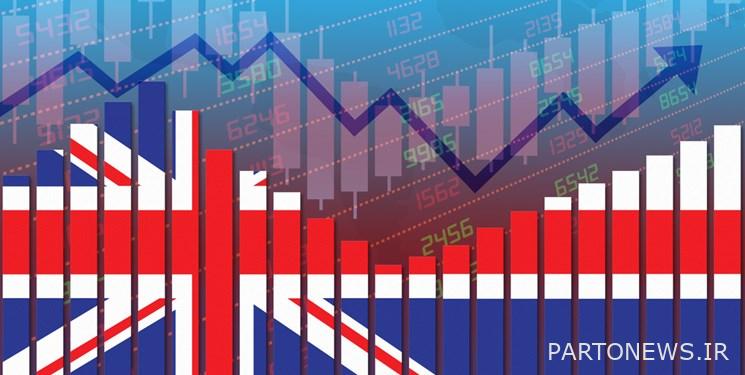Expressing the inability of British officials to stop inflation

According to the Fars International Economics Group, quoted by the Independent newspaper, Rishi سوناکThe Treasury Department said the government could do nothing to prevent inflation from rising and affecting British families.
But at the same time, the British official, in a speech to the British Confederation of Industry (CBI), promised tax breaks to earnوکارها In the autumn budget, he said that this measure was aimed at stimulating poor productivity.
With Britain’s inflation rate rising to 9 per cent for the first time in 40 years, experts warn that the real increase in the cost of living for the poorest families has been close to 11 per cent, سوناک He said he was unable to contain global pressures such as the epidemic, the war in Ukraine and disruption of the supply chain.
He pointed out: “There is no action that the government can take, it is not a law that can be passed to make these global forces disappear overnight.” The next few months will be difficult months.
Meanwhile, Andrew Bailey, the governor of the Bank of England, has said he feels “unable” to stem inflation.
Bridge دالسEnglish economist at the institute Capital “They need to do more to support those who are most in need, not to make their main supporters happier,” the Economist said. Prices are rising faster than revenues. Before we see the peak of inflation, consumer confidence is currently at a record low.
He stressed: interest rates should be increased to reduce inflation
Several large economic think tanks, including the Fiscal Institute Master(IFS) and the Resolution Institute have warned that inflation is now disproportionately affecting the country’s poorest families.
IFS surveys show, 10% of British households with low Most Revenue for the 12 months to April was 10.9 percent. This figure is 3% higher than the inflation rate experienced by the 10% of the richest people in the country.
“The main reason for this difference is the fact that the poorest British households spend 11% of their total family budget on gas and electricity, compared to 4% for the rich,” IFS said.
end of Message/
You can edit this post
Suggest this for the front page

